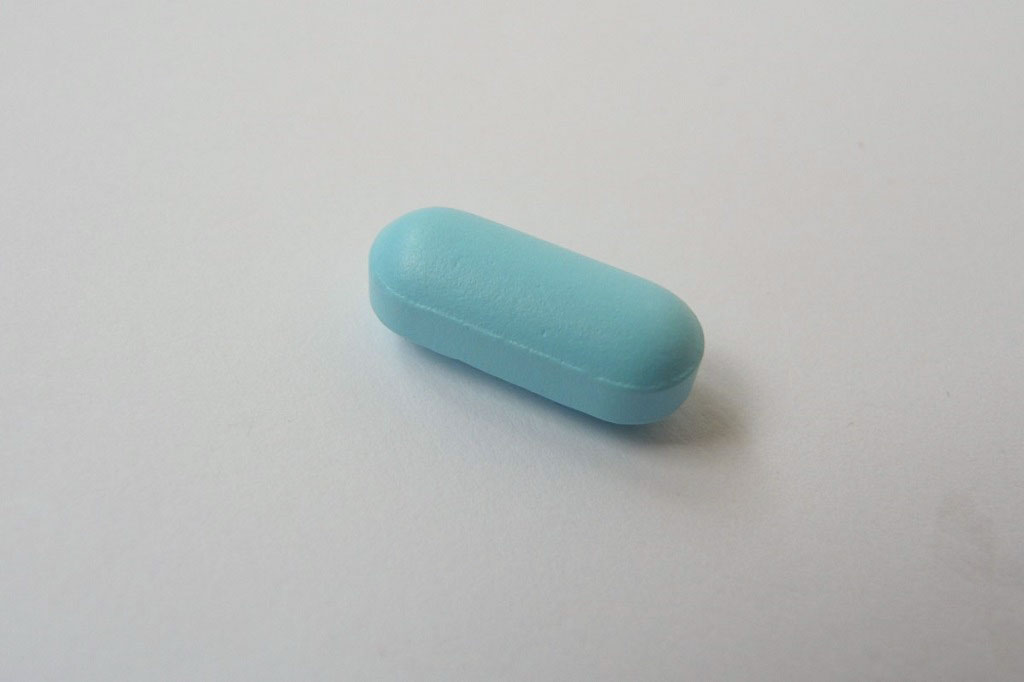Probiotics 'no good' at treating infant colic
Heart and lungs
"Probiotics 'don't ease' baby colic," the Mail Online reports. A small, though well-conducted, study suggests that probiotics – "friendly bacteria" – could actually make symptoms worse…
“Probiotics 'don't ease' baby colic,” the Mail Online reports. A small, though well-conducted, study suggests that probiotics – commonly touted as “friendly bacteria” – could actually make symptoms worse.
Colic is a poorly understood condition in which otherwise healthy babies cry excessively and frequently. While not a serious threat to a baby’s health, colic can be extremely distressing for parents – especially those of the sleep deprived variety (is there any other kind?).
The study included 167 young babies with colic and looked at whether giving them daily drops of the probiotic Lactobacillus reuteri (L. reuteri) improved symptoms, in comparison to giving them inactive placebo drops. The researchers found the treatment did not help.
In fact, after a month of treatment, formula-fed babies in the probiotic group actually cried or fussed for almost an hour longer than those in the placebo group. The treatment did not have any side effects.
This may be bad news for parents struggling to comfort their crying baby. The good news, however, is that all babies grow out of colic within a few months.
Where did the story come from?
The study was carried out by researchers from the Royal Children’s Hospital, Murdoch Childrens Research Institute and the University of Melbourne (all in Australia), and the Child and Family Research Institute (Canada). It was funded by the Georgina Menzies Maconachie Charitable Trust.
The study was published in the peer-reviewed British Medical Journal on an open-access basis, meaning the study is free to read online.
The Mail Online’s coverage of the study was accurate.
What kind of research was this?
This was a double blind, randomised controlled trial (RCT) looking at whether treatment with the probiotic L. reuteri reduced crying or fussing in a sample of breastfed and formula-fed babies under three months old.
An RCT is the best type of study for determining whether a treatment is effective. “Double blind” means that neither participants nor research staff knew whether participants had been allocated the treatment or the placebo group. This means there was no risk of such knowledge influencing the results.
A double blind RCT is regarded as the “gold standard” in assessing whether an intervention is effective.
The researchers point out that infant colic is a major burden to families and health services, and is associated with maternal depression and early cessation of breastfeeding.
Theories as to the cause include maternal anxiety, difficult infant temperament, abdominal gas and gut inflammation.
They point out that no single effective treatment for colic exists, although research into probiotics such as Bifidobacterium and Lactobacillus species is gaining momentum. There have been three small trials that suggest Lactobacillus may help reduce infant distress; however, the authors point out they were of poor quality and did not include formula-fed babies.
Despite these major limitations, the use of probiotics for infant colic has become popular, and a larger more rigorous trial is needed.
What did the research involve?
Between 2011 and 2012, researchers recruited 167 healthy breastfed or formula-fed babies aged less than three months, who met the criteria commonly used to diagnosis infant colic (crying or fussing for three hours or more a day, for three or more days a week, for three weeks). 85 babies were randomised to the treatment group and 82 were randomised to the placebo group. There was no difference in crying/fuss time between the two groups at baseline (328 minutes a day in the probiotic group and 329 in the placebo group).
The treatment group received five drops of L. reuteri in an oil suspension, spoonfed to them once a day for a month. The placebo group received an inactive substance in the same oil suspension and with the same appearance, colour and taste as the treatment.
The main outcome the researchers were interested in was how much crying and fussing the babies made during this month. This was recorded by the babies’ parents in a “Baby’s Day Diary” – a validated measure used to record infant behaviour. Researchers measured the “total daily cry or fuss time” (in minutes per day), the cry and fuss time separately, and the number of crying and fussing episodes each day.
They also looked at other outcomes at one month and six months, including:
- the babies’ sleep duration
- the mothers’ mental health, using an established postnatal depression scale
- family functioning and infant functioning (measured using the paediatric quality of life inventory)
- parental quality of life (using a measure called quality adjusted life years)
- levels of gut bacteria in the babies’ faeces
- levels of calprotectin in the babies’ faeces (calprotectin is a marker of gut inflammation)
They analysed their results using standard statistical methods.
What were the basic results?
127 babies and their families completed the trial (representing a completion rate of 76%).
The main findings were:
- the average daily cry or fuss time fell steadily in both groups over the study period
- for the main outcome of interest, at one month the group receiving probiotics cried or fussed 49 minutes more than the placebo group (95% confidence interval 8 to 90 minutes) This result mainly reflects more fussing, especially for formula-fed infants
- the two groups were similar in all other outcomes
- there were no adverse events in either group
How did the researchers interpret the results?
They say that L. reuteri did not reduce crying or fussing in infants with colic, nor was it effective in improving infant sleep, maternal mental health or family or infant functioning and quality of life. Probiotics cannot therefore be recommended for all infants with colic, although they state that further research is needed to identify which subgroups of babies, if any, might benefit.
In an accompanying editorial, William E Bennett, Assistant Professor of Paediatrics at Indiana University School of Medicine, points out that parents and their babies "may be better served if we devote more resources to studying the interventions recommended long before the discovery of probiotics: reassurance, family social support and the tincture of time".
Conclusion
This RCT benefits from including both breastfed and formula-fed babies, when previous studies of probiotics for infant colic are said to have focused solely on breastfed babies. This study found that the probiotic L. reuteri had no effect on infant colic. This is thought to be in stark contrast to other, smaller studies, which have found probiotics to benefit breastfed babies with colic.
There are some limitations to the study, however. Though the research included a reasonable sample size of 167 infants, almost a quarter of participants dropped out of the study, which may influence the reliability of the results. There is a possibility that parents did not record their babies’ crying or fussing accurately, though the use of a well-validated measure of infant behaviour, the Baby’s Day Diary, makes this less likely.
As the researchers also acknowledge, most of the infants were recruited from emergency care settings, so the results cannot necessarily be generalised to infants whose parents did not seek outside assistance for their baby’s colic.
They also excluded infants with suspected cows' milk allergies.
Overall, as the researchers suggest, this study found that probiotics do not benefit babies with colic. However, further research is needed.
It could be said that this well-conducted study had disappointing results, but in evidence-based medicine, knowing what doesn’t work is often just as important as knowing what does work.
This willingness to highlight failures as well as successes is a keystone of evidence-based medicine, as it serves to counter potential publication bias.
Analysis by NHS Choices. Follow Behind the Headlines on Twitter. Join the Healthy Evidence forum.






 Subscribe
Subscribe Ask the doctor
Ask the doctor Rate this article
Rate this article Find products
Find products








